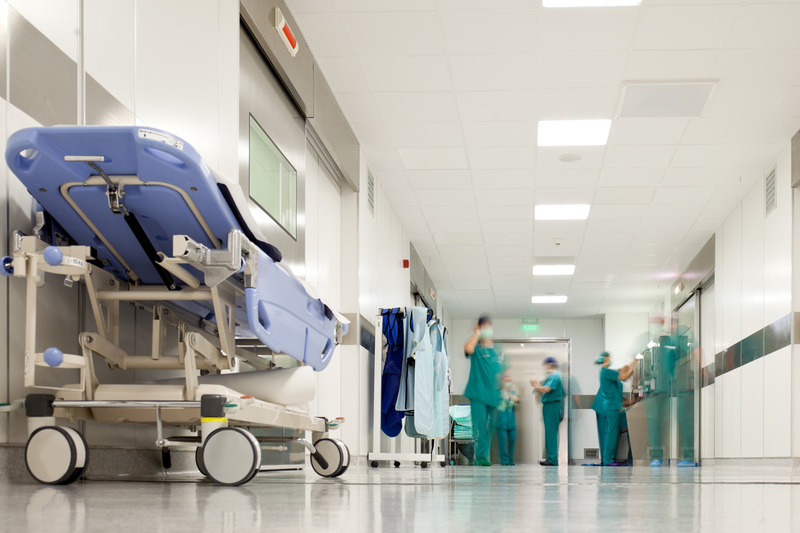By Robin Respaut and Deborah J. Nelson
(Reuters) - New diagnoses of one of the deadliest cancers fell by one-third in March and April as U.S. physicians and patients halted appointments and screenings during the COVID-19 outbreak.
Research by the health data firm Komodo Health and exclusively shared with Reuters found new colorectal cancer diagnoses declined more than 32%, while the number of performed colonoscopies and biopsies fell by nearly 90% from mid-March to mid-April, compared with the same period last year. Colorectal cancer surgeries were down by 53%.
The findings are particularly alarming because colorectal cancer is the nation’s second-leading cause of cancer deaths, according to the American Cancer Society.
Screenings have shown to be critical in curbing the disease. Since 1970, screenings helped to reduce death rates by over 50%, according to the Society. If colorectal cancer is found early, the five-year survival rate is near 90%.
The drop in surgeries suggests many patients who were newly diagnosed with colon cancer postponed procedures, enhancing their risk that the cancer could progress as the shelter-in-place orders that swept the nation in March shuttered health facilities and as patients avoided in-person appointments due to fear of contracting the virus. Medical facilities are slowly reopening, but wait times to reschedule appointments may extend into the summer and fall.
“Some surgeries can be postponed by a little bit, but this was certainly striking,” said Dr. Al Benson, a gastrointestinal oncologist at Northwestern (NYSE:NWE) Medicine in Chicago. “This will continue to be a challenge, because as the pandemic begins to subside and we begin to schedule more normally, there’s going to be a lot of catch-up. We don’t want people to further postpone screenings, and we certainly don’t want to postpone surgeries.”
The new findings come from an analysis of San Francisco-based Komodo’s 320 million healthcare billing records, one of the largest medical claims databases in the country. It compared weekly clinical volumes from mid-March to mid-April.
Komodo worked jointly with Fight Colorectal Cancer, a colorectal cancer advocacy and research organization, which surveyed 222 patients about their care during the pandemic. The majority of respondents reported feeling nervous or anxious.
For patients with a family history of aggressive colorectal cancer, delayed or canceled appointments are especially worrisome. Healthcare providers should prioritize high-risk patients when rescheduling appointments, the study’s authors recommended.
Carole Motycka, 46, of Wolcott, Connecticut, was diagnosed with colon cancer four years ago. Two of her sons have the same genetic mutation that puts them at high risk for the disease, and all three were due for screenings earlier this year. But her sons could not get appointments, and her doctors suggested not risking a trip to The Cleveland Clinic for her quarterly checkup.
Motycka said she is most concerned for her sons delaying “the screening that can essentially save their lives.”
Past screenings uncovered pre-cancerous polyps in her 24-year-old son. After a special appeal, he got an appointment two weeks ago, but months late. Her other son, 25, who has had benign polyps removed, is still waiting for an appointment, she said.
“If we know something is there, then we can eliminate it right away and be comfortable knowing we can address it before it turns into a difficult situation,” Motycka said.
Patients in rural communities more often faced disrupted cancer treatments (14% of rural patients versus 2.7% in urban areas) and required more financial support (36% rural versus 18% in suburban areas), the report found.
These findings follow prior research showing preventive care essential for detecting and treating disease fell precipitously, starting in March.
Diagnostic tests, physician visits and surgeries are also key sources of revenue for hospitals and healthcare systems. But they curbed lucrative elective procedures to assure room for COVID-19 patients and prevent infection in others, incurring millions of dollars in losses.00:
